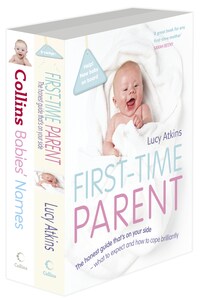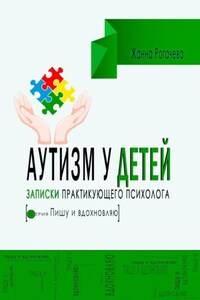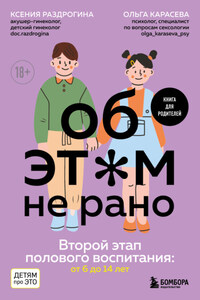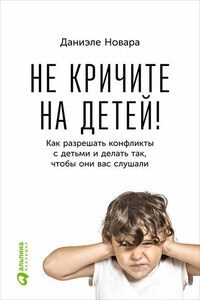First-Time Parent and Gem Babies’ Names Bundle

A two-ebook edition of two best-selling and invaluable books for new parents: First Time Parent and Gem Babies’ Names.First Time Parent:Forget unrealistic childcare manuals – this is the book you really need to help you cope brilliantly with those first chaotic days and months ahead.As a health journalist and mother-of-three, Lucy Atkins is familiar with both the medical aspects of baby development, and the reality of life as an exhausted first-time mum or dad.Anticipating the questions and concerns of all new mothers –Why does my baby cry so much? Am I a bad parent because…? – the book provides practical advice and reassurance. It addresses the needs of the baby and, very importantly, those of the parent during the first year of their baby’s life.The First-Time Parent is on your side, and reassures that you can cope brilliantly with your new baby and your new life.Gem Babies’ Names:A brand-new edition of this best-selling guide to over 1,500 babies’ names. Gem Babies’ Names lists names alphabetically, giving a pronunciation guide, background to the origins of the name and any pet names or related names.Sikh, Hindu, Muslim, Afro-Caribbean and European names, as well as Christian names, are all included.The ideal pocket guide to choosing a name for your baby.













